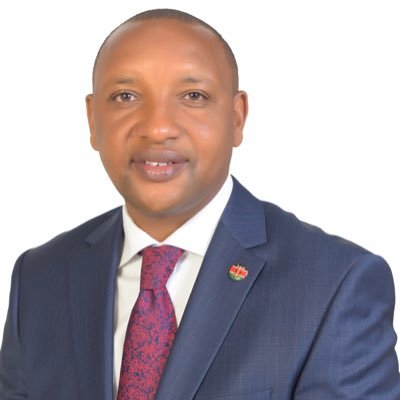The Kenya High Commissioner to Nigeria, Mr. Isaac Parashina, has emphasised that inadequate funding remains the most significant obstacle to Africa’s climate ambitions, warning that the continent requires at least $250 billion to meet its climate targets, yet current financing levels remain far below that threshold.
Speaking at the Climate Change Forum held in Abuja, Parashina called for urgent action to bridge the climate finance gap through more equitable access to global climate funds. He stressed that Africa must strengthen its domestic resource mobilisation and accountability frameworks to ensure every dollar invested delivers measurable and lasting impact.
“We must continue to advocate for equitable access to global climate finance,” he said. “Our goal must be to align national budgets with climate priorities, build local capacity, and ensure that climate finance is accessible, predictable, and effectively utilised.”
According to the High Commissioner, the challenge extends beyond funding. Africa also faces critical institutional, technological, and managerial gaps that must be addressed to support a comprehensive and sustainable climate transition.
“Climate change is no longer just an environmental issue,” Parashina noted. “It has become a matter of security, governance, and national survival. The floods that displace families, the droughts that devastate farms, and the rising seas threatening our coastlines are no longer distant threats, they are happening now.”
He underscored the need for a collaborative African approach, stating that no single country can solve the climate crisis in isolation.
“Africa does not lack vision. What it lacks is cohesion between aspiration, institutions, and the resources needed to sustain them,” he said.
Highlighting Kenya’s own efforts in the climate transition, Parashina pointed to the country’s leadership in geothermal energy, with more than 90 percent of Kenya’s electricity connected to the national grid generated from renewable sources. He credited Kenya’s progress to policy continuity, investment certainty, and a supportive regulatory environment.
The diplomat also announced a national reforestation initiative aimed at planting 15 billion trees by 2030, a campaign he described as both an environmental restoration drive and a cultural movement.
“October 10 has been declared National Tree Planting Day in Kenya,” he said. “Every tree planted is an investment in the future — a civic duty and a statement of intergenerational responsibility.”
Parashina concluded by noting that Kenya and Nigeria hold significant untapped potential for cooperation in areas such as renewable energy, green technology, sustainable agriculture, and the emerging carbon markets.



